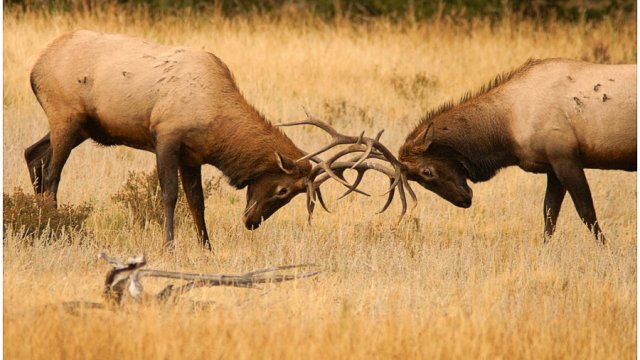There Are No Real Skills for Any Career Path.

The average American changes their career about four times. I’m 27. I’m pretty certain I have changed mine about three times, but it is only because the industry has changed for me. When I was at Georgetown I was working for Sony Music as an intern basically. I loved music. I thought my future was working in the music industry and my senior year something happened. All album sales declined.
I noticed some great friends of mine who were one, two years older than I in the marketing program I participated in were being laid off from Sony and that really scared me and the irony is I thought my safest bet was to get an internship at the Washington Post and to forge ahead in a career in media, which I did.
I interned at the WashingtonPost.com and fell in love with convergence. My job there was helping the Post set up their first RSS feeds or XML feeds at the time and working with journalists to help them become more digitally literate and that sort of set the tone for my career for the next five years just serendipitously.
I went to Conde Nast, worked at Conde Net. Now it is Conde Nast Digital, doing sort of the same thing, communicating the best practices of their web properties like Wired and Style and Epicurious and then I went to the New York Times to set up their social media practice. The reason I was hired at the New York Times was because I had experience at Conde Nast working with sites like Reddit, which Conde Nast acquired.
So everything for me sort of unfolded naturally. I love digital. I love media. I worked for companies that were smart about their acquisitions and about the way they were working with social media and I worked with companies that had the foresight to hire someone young at an early stage to test out these new models for them. I think there are a lot of brands who aren’t willing to do that and potentially they suffer because they are a little bit less ready to delve into this unknown territory, but brands that are nimble, even large institutions can really benefit from working with smart, young people.
So the New York Times was probably the best job anyone in the world could ever have. My job there was to set up the Gray Lady on Facebook and position us on YouTube and eventually after two and a half years it became 17 different social sites and it wasn’t a sole effort. There was a huge help from four different social media interns and a social strategy team, but at the time it felt like the best job because I was allowed to take risks that most people can’t take.
In Their Own Words is recorded in Big Think’s studio.
Image courtesy of Shutterstock




